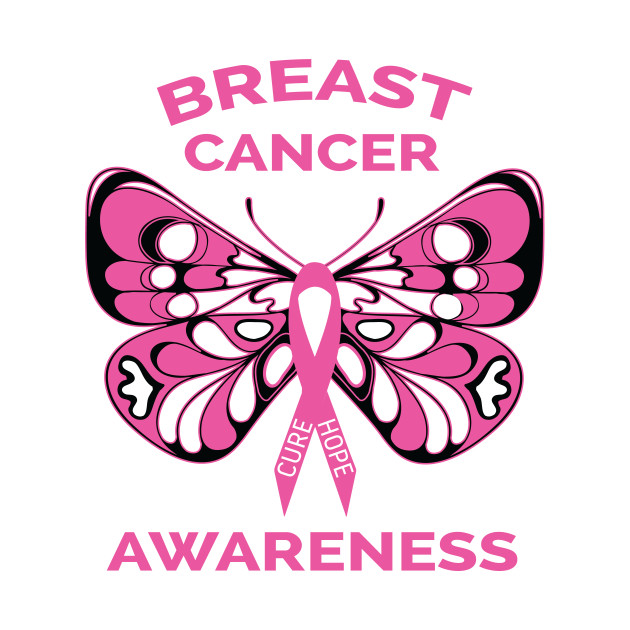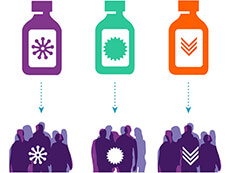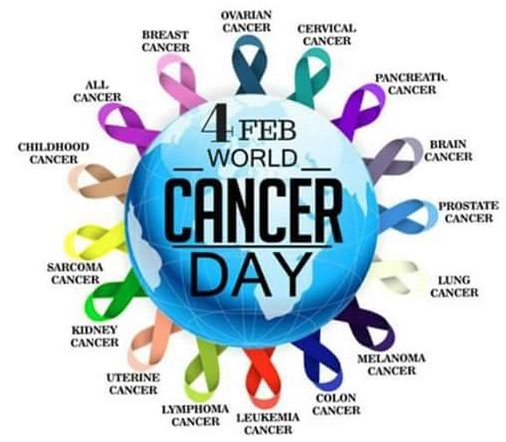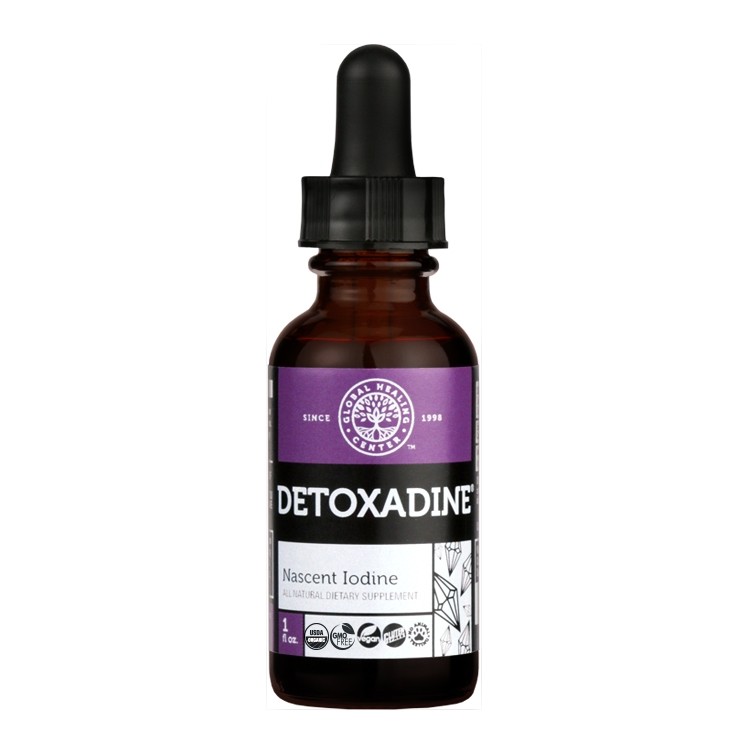|
Iodine is a trace mineral that is vital to the function of the thyroid gland. The human body does not make iodine, so all iodine intake must come from either our diet or from supplements.
|
|
Breast cancer in women - TreatmentIf you have cancer, your team of specialists will work together to provide the best treatment and care. You will be liaising with different doctors and nurses depending on which treatment or follow-up you are having. The main treatments for breast cancer are:
You may have one of these treatments, or a combination. The type or combination of treatments you have will depend on how the cancer was diagnosed and the stage it's at. Breast cancer diagnosed at screening is often, but not always, at an early stage. But breast cancer diagnosed when you have symptoms may be at a later stage and require a different treatment. Your healthcare team will discuss with you which treatments are most suitable. Choosing the right treatment for youWhen deciding what treatment is best for you, your doctors will consider:
You should be able to discuss your treatment with your care team at any time and ask questions. Treatment overviewSurgery is usually the first type of treatment for breast cancer. The type of surgery you undergo will depend on the type of breast cancer you have. Surgery is usually followed by chemotherapy or radiotherapy. In some cases, hormone or biological treatments may be used. Sometimes chemotherapy or hormonal treatment is used before surgery. Again, the treatment you'll have will depend on the type of breast cancer. Your doctor will discuss the most suitable treatment plan with you. Secondary breast cancerMost breast cancers are discovered in the condition's early stages. But some women discover that they have breast cancer after it's spread to other parts of the body (metastases). If this is the case, the type of treatment you have may be different. Secondary cancer, also called "advanced" or "metastatic" cancer, isn't curable. The aim of treatment for patients with secondary breast cancer is to control the disease. Many patients live for several years with secondary disease, enjoying a good quality of life. SurgeryThere are 2 main types of breast cancer surgery:
A mastectomy can be followed by reconstructive surgery to try to recreate a shape to replace the breast that was removed. Breast-conserving surgery followed by radiotherapy is as successful as total mastectomy at treating early-stage breast cancer. Breast-conserving surgeryBreast-conserving surgery is where just the tumour and a little rim of surrounding breast tissue is removed. If you have breast-conserving surgery, the amount of breast tissue you have removed will depend on:
Your surgeon will always remove an area of healthy breast tissue around the cancer. This will be tested for traces of cancer. If there's no cancer present in the healthy tissue, there's less chance that the cancer will return. If cancer cells are found in the surrounding tissue, more tissue may need to be removed from your breast. This will mean that further surgery is needed. After having breast-conserving surgery, you will usually be offered radiotherapy. MastectomyA mastectomy is the removal of all the breast tissue, including the nipple. If there are no obvious signs that the cancer has spread to your lymph nodes, you may have a mastectomy. This is where your breast is removed,usually combined with a sentinel lymph node biopsy. ReconstructionBreast reconstruction is surgery to make a new breast shape that looks like your other breast as much as possible. Reconstruction can be carried out at the same time as a mastectomy or it can be carried out later. It can be done either by inserting a breast implant or by using tissue from another part of your body to create a new breast substitute. Lymph node surgeryTo find out if the cancer has spread to the lymph nodes of the armpit, a procedure called a sentinel lymph node biopsy may be carried out. The sentinel lymph nodes are the first lymph nodes that the cancer cells reach if they spread. They're part of the lymph nodes under the arm (axillary lymph nodes). The position of the sentinel lymph nodes varies. They're identified using a combination of a radioisotope and a blue dye (tracers). The sentinel lymph nodes are examined in the laboratory to see if there are any cancer cells present. This gives a good indicator of whether the cancer has spread. You may need further surgery if there are cancer cells in the sentinel nodes. The surgeon will remove more lymph nodes from under the arm. RadiotherapyRadiotherapy uses controlled doses of radiation to kill cancer cells. It's usually given after surgery and chemotherapy to kill any remaining cancer cells. This local treatment is used to reduce the risk of the cancer recurring. If you need radiotherapy, your treatment will begin within about 3 months after surgery or usually within a month after finishing chemotherapy. This is to give your body a chance to recover. You'll probably have radiotherapy sessions 5 days a week, for 3 to 6 weeks. Each session will only last a few minutes. Your radiotherapy specialist will discuss the planned regime and potential side effects with you. The type of radiotherapy you have will depend on your cancer and the type of surgery you have. Some women may not need to have radiotherapy at all. The types available are:
The side effects of radiotherapy include:
ChemotherapySome breast cancer patients need chemotherapy. Chemotherapy involves using anti-cancer (cytotoxic) medication to kill cancer cells. Patients with earlier stage disease detected with screening are less likely to need chemotherapy. It's usually used after surgery to destroy any cancer cells that haven't been removed. This is called adjuvant chemotherapy. In some cases, you may have chemotherapy before surgery, which is often used to shrink a large tumour. This is called neo-adjuvant chemotherapy. Several different medications are used for chemotherapy, and 3 are often given at once. The choice of medication and the combination will depend on the type of breast cancer you have and your general health. Chemotherapy is usually given as an outpatient treatment. This means you won't have to stay in hospital overnight. The medications are usually given through a drip straight into the blood stream via a vein. In some cases, you may be given tablets that you can take at home. You may have chemotherapy sessions once every 2 to 3 weeks, over a period of 4 to 8 months. This is to give your body a rest in between treatments. The main side effects of chemotherapy are caused by their influence on normal, healthy cells, such as immune cells. Some patients take chemotherapy very well with little or no problems. Some have a very difficult time with chemotherapy. But the majority are between these two extremes. Your doctor can discuss the likely side effects of chemotherapy with you. Side effects may include:
Many side effects can be prevented or controlled with medicines that your doctor can prescribe. Hormonal medication can also stop the production of oestrogen in your body. Oestrogen is known to encourage the growth of most breast cancers. If you haven't experienced the menopause, your periods may stop while you're undergoing chemotherapy treatment. After you have finished the course of chemotherapy, your ovaries may start producing oestrogen again. But this doesn't always happen and you may enter an early menopause. This is more likely in women over 40, as they're closer to menopausal age. Your doctor will discuss the impact any treatment will have on your fertility with you. Chemotherapy for secondary breast cancerChemotherapy won't cure your breast cancer if it has spread beyond the breast and lymph nodes to other parts of your body. But it may shrink the tumour, relieve your symptoms and help lengthen your life. Many patients with secondary breast cancer don't need chemotherapy, but some do. Hormone treatmentSome breast cancers are stimulated to grow by the hormones oestrogen or progesterone, which are found naturally in your body. These types of cancer are known as hormone receptor or oestrogen receptor-positive cancers. Hormone therapy works by lowering the levels of hormones in your body or by stopping their effects. The type of hormone therapy you will have will depend on on your age, if you have experienced the menopause, what other type of treatment you're having and your general health You'll probably have hormone therapy after surgery and chemotherapy. But it's sometimes given before surgery to shrink a tumour, making it easier to remove. Hormone therapy may be used as the only treatment if your general health prevents you having surgery, chemotherapy or radiotherapy. In most cases, you'll need to take hormone therapy for 5 years or longer after having surgery. If your breast cancer isn't sensitive to hormones, hormone therapy will have no effect and will not, therefore, be offered to you. TamoxifenTamoxifen stops oestrogen from binding to oestrogen-receptor-positive cancer cells. It's taken every day as a tablet. It can cause several side effects, including menopausal symptoms, weight gain and uncommon but potentially serious side effects such as cancer of the womb, blood and lung clots. Tamoxifen is not a contraceptive but it is important not to become pregnant while taking Tamoxifen as it can cause abnormalities in a developing baby in the womb. Tamoxifen and some anti-depressants may have a bad interaction. Your doctor can discuss this with you. Aromatase inhibitorsIf you have gone through the menopause, you may be offered an aromatase inhibitor. This type of medication works by blocking aromatase. This is a substance that helps produce oestrogen in the body after the menopause. Before the menopause, oestrogen is made by the ovaries. Three aromatase inhibitors may be offered. These are anastrozole, exemestane and letrozole. These are taken as a tablet once a day. Side effects include:
Ovarian ablation or suppressionIn women who haven't experienced the menopause, oestrogen is produced by the ovaries. Ovarian ablation or suppression stops the ovaries working and producing oestrogen. Ablation can be carried out using surgery or radiotherapy. It stops the ovaries working permanently and means you'll experience the menopause early. Ovarian suppression involves using a medication called goserelin. This is a luteinising hormone-releasing hormone agonist (LHRHa). Your periods will stop while you're taking it. They should start again once your treatment is complete. If you're approaching the menopause (around the age of 50), your periods may not start again after you stop taking goserelin. Goserelin is taken as an injection once a month and can cause menopausal side effects, including:
Biological therapy (targeted therapy)Some breast cancers are stimulated to grow by a protein called human epidermal growth factor receptor 2 (HER2). These cancers are called HER2-positive. Biological therapy works by stopping the effects of HER2 and helping your immune system to fight off cancer cells. If you have high levels of the HER2 protein and are able to have biological therapy, you will probably be prescribed a medicine called trastuzumab. Trastuzumab, also known by the brand name Herceptin, is usually used with chemotherapy and is usually continued after chemotherapy for up to one year. TrastuzumabTrastuzumab is a type of biological therapy known as a monoclonal antibody. Antibodies occur naturally in your body and are made by your immune system to destroy harmful cells, such as viruses and bacteria. The trastuzumab antibody targets and destroys cancer cells that are HER2-positive. Trastuzumab is usually given intravenously, through a drip. It's also sometimes available as an injection under the skin (a subcutaneous injection). You'll have the treatment in hospital. Each treatment session takes up to 1 hour. The number of sessions you need will depend on whether you have early or more advanced breast cancer. Often, you'll need a session once every 3 weeks for early breast cancer. You may need weekly sessions in some situations. Trastuzumab can cause side effects, including heart problems. This means that it might not be suitable if you have a heart problem, high blood pressure (hypertension), or heart valve disease. If you need to take trastuzumab, you'll have regular tests on your heart to make sure it's not causing any problems. Other side effects of trastuzumab may include:
BisphosphonatesIf you have been through the menopause, you may be offered bisphosphonates (zoledronic acid or sodium clodronate). They may help to reduce the risk of breast cancer spreading to your bones and elsewhere in your body. Bisphosphonates will probably be given to you at the same time as chemotherapy, either directly into a vein or as tablets. Rarely, they can cause kidney problems and osteonecrosis of the jaw (when bone in the jaw dies). Your doctor will explain the benefits and possible side effects before starting this treatment. Bisphosphonates can also help treat osteoporosis (weakening of the bones) Psychological helpDealing with cancer can be a huge challenge for both patients and their families. It can cause emotional and practical difficulties. Many women have to cope with the removal of part or all of a breast as well as treatment side effects, which can be very upsetting. It often helps to talk about your feelings or other difficulties with a trained counsellor or therapist. You can ask for this kind of help at any stage of your illness. There are various ways to find help and support. Your breast care nurse, hospital doctor,or GP can refer you to support services. [HL]The Irish Cancer Society also have a list of support services available to you. If you're feeling depressed, talk to your GP. A course of antidepressant drugs may help, or your GP can arrange for you to see a counsellor or psychotherapist. |
|
|

OPEN 24 HOURS: ACCIDENT EMERGENCY, LAB SERVICES, IMAGING SERVICES & PHARMACY










